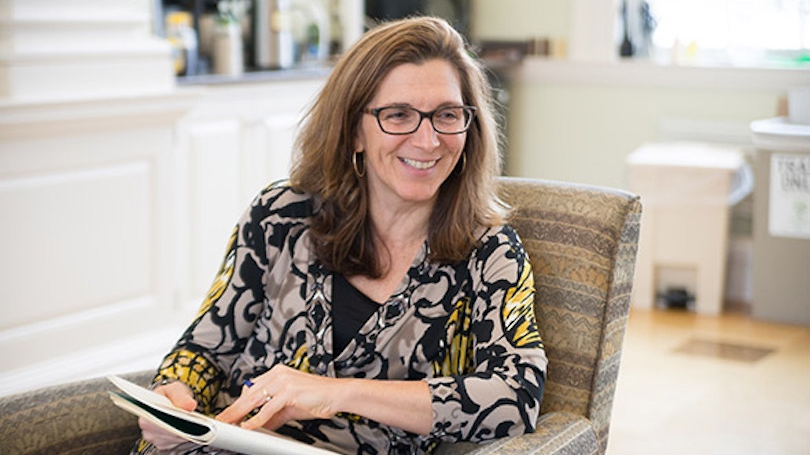
Menu
- About
- Consultation
- Programs
- Resources
- News & Events
Back to Top Nav
Back to Top Nav
Back to Top Nav
In a letter to the Editor of The Dartmouth, Professor of Government and Latin American, Latino and Caribbean Studies and Cheheyl Director of the Dartmouth Center for the Advancement of Learning Lisa Baldez responds to a recent article entitled Level Footing: The Professor-Student Dynamic.
I was delighted to read Eliza Jane Schaeffer’s article on “the essence of the professor-student dynamic.” Schaeffer is exactly right about what empowers students—and what fosters learning: “building a relationship between students and professors, helping students engage with the material outside of the classroom, [and] approaching learning as a collaborative endeavor.” These factors have long been a hallmark of the Dartmouth experience, and their importance is well-documented in the teaching and learning literature.
What the article does not mention is the tremendous effort that many Dartmouth professors—and all the professors Schaeffer references in her article—have put into their teaching, and the support they have received from Dartmouth for doing so. As Director of the Dartmouth Center for the Advancement of Learning, known to faculty as DCAL, I have had the privilege of working closely with faculty and with staff across campus—from DCAL, Educational Technology, the Dartmouth Center for Service, the Library and Media Production, to name just a few—to make these classes possible.
Sunny Drescher ‘20, one of the students interviewed in the article, doesn’t name the QSS professor she’s working with—but it’s Government Professor and Mitsui Chair in Japanese Studies Yusaku Horiuchi. Professor Horiuchi redesigned his course, Data Visualization (QSS 17/GOVT 17) as a completely flipped class, filming his lecture material for students to watch before class and freeing up class time for hands-on programming. He teaches it in Carson 61, one of the few classrooms on campus fully equipped to support active learning.
In Cover Stories: Community Building & the Environment, Professor Terry Osborne and his students work with COVER, a community organization that provides home repair for people who cannot afford it. The students work on building projects alongside Upper Valley residents and collaborate to write up their stories, creating marketing materials for the organization. This class is legendary—and Osborne continues to improve it. This year he incorporated Learning Fellows—undergraduates who work closely with professors to lead small group discussions and problem solving. The Learning Fellows Program is new this year and has already involved more than 120 students in 30 courses.
The professors who teach Psychology 1, the third class that Schaeffer mentions in her article, were selected to participate in the Gateway Course Redesign Initiative, which aims to enhance student learning by enabling faculty to redesign large courses that are gateways to the major. Basically, the goal is to make large classes feel like small ones. The PSYC 1 faculty will start the redesign process this summer.
Dartmouth is known for the scholar-teacher model. As our mission statement says, “Dartmouth faculty are passionate about teaching our students and are at the forefront of their scholarly or creative work.” The faculty whom Eliza Jane Schaeffer mentions in her article are just a small sample of the many Dartmouth professors who have taken on the work that redesigning a course and promoting active learning entails. We do this work in addition to our significant research and scholarship commitments, and we do it because we care deeply about our students.